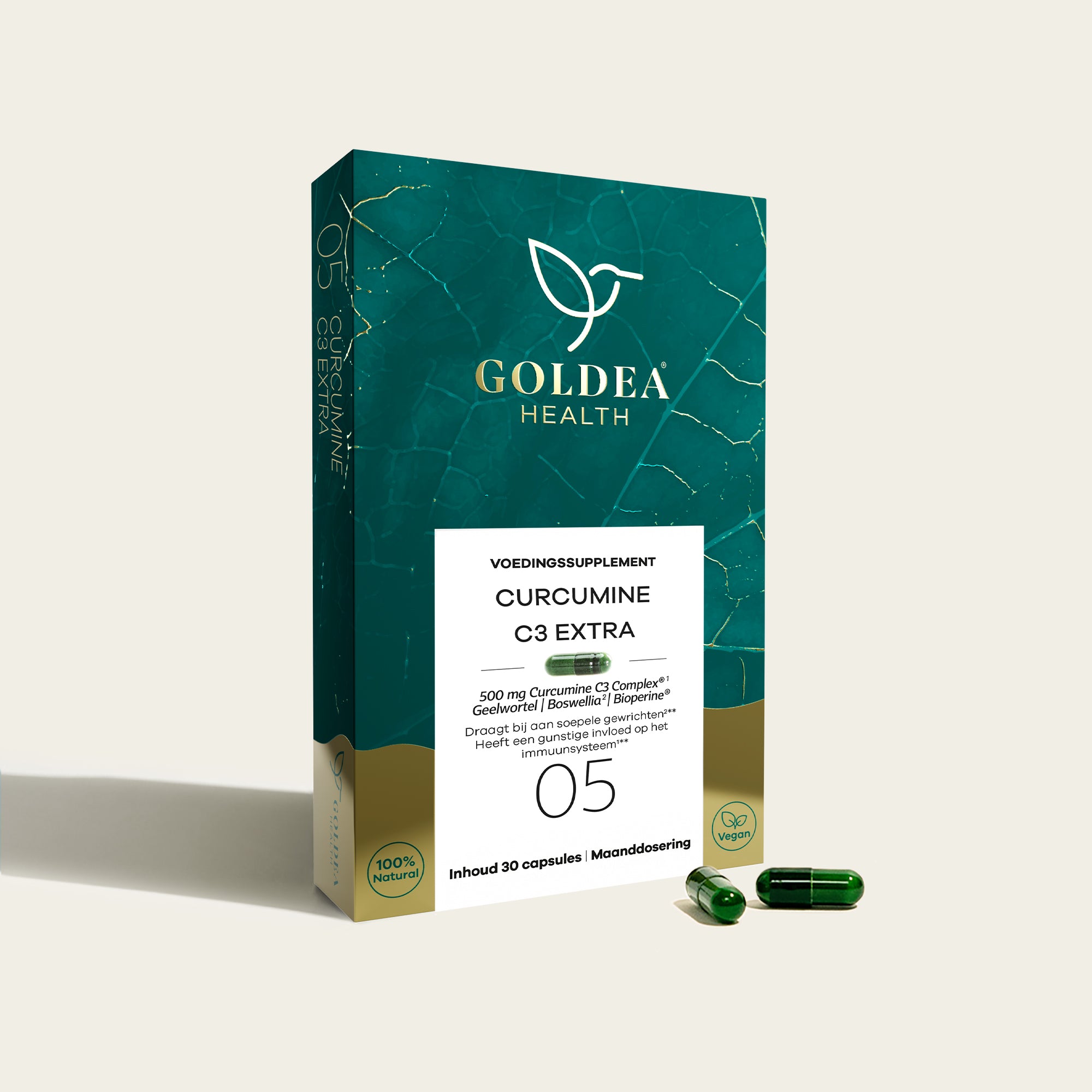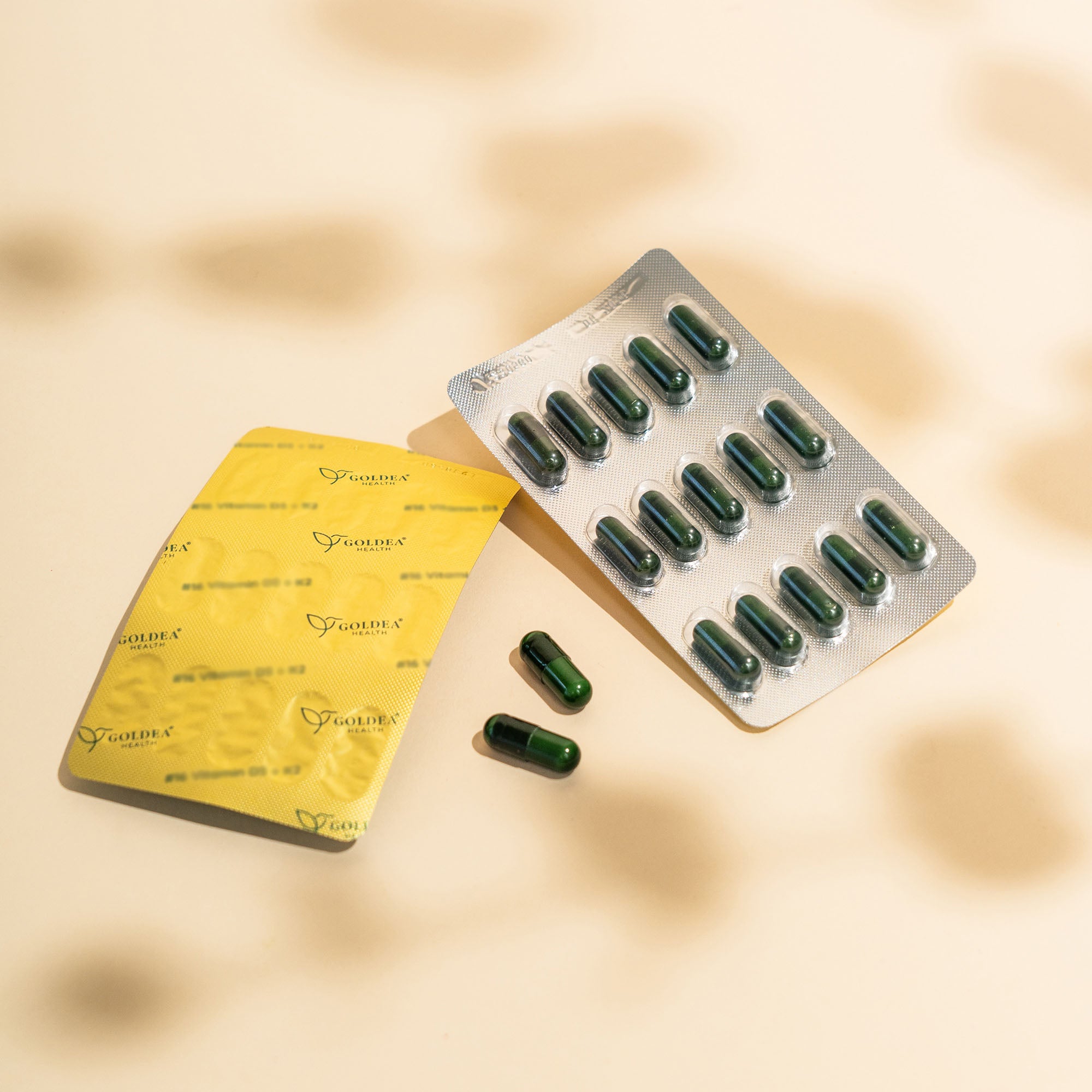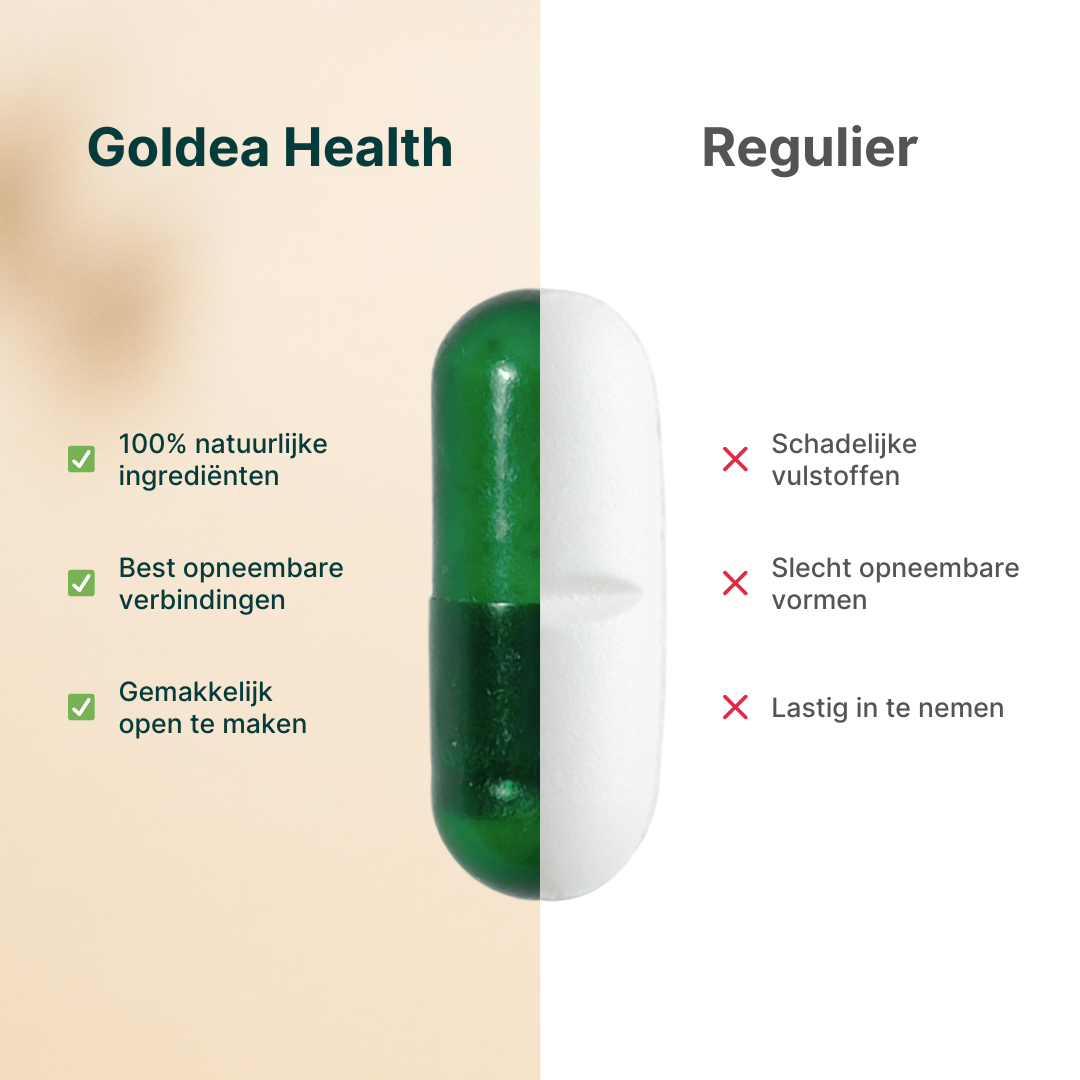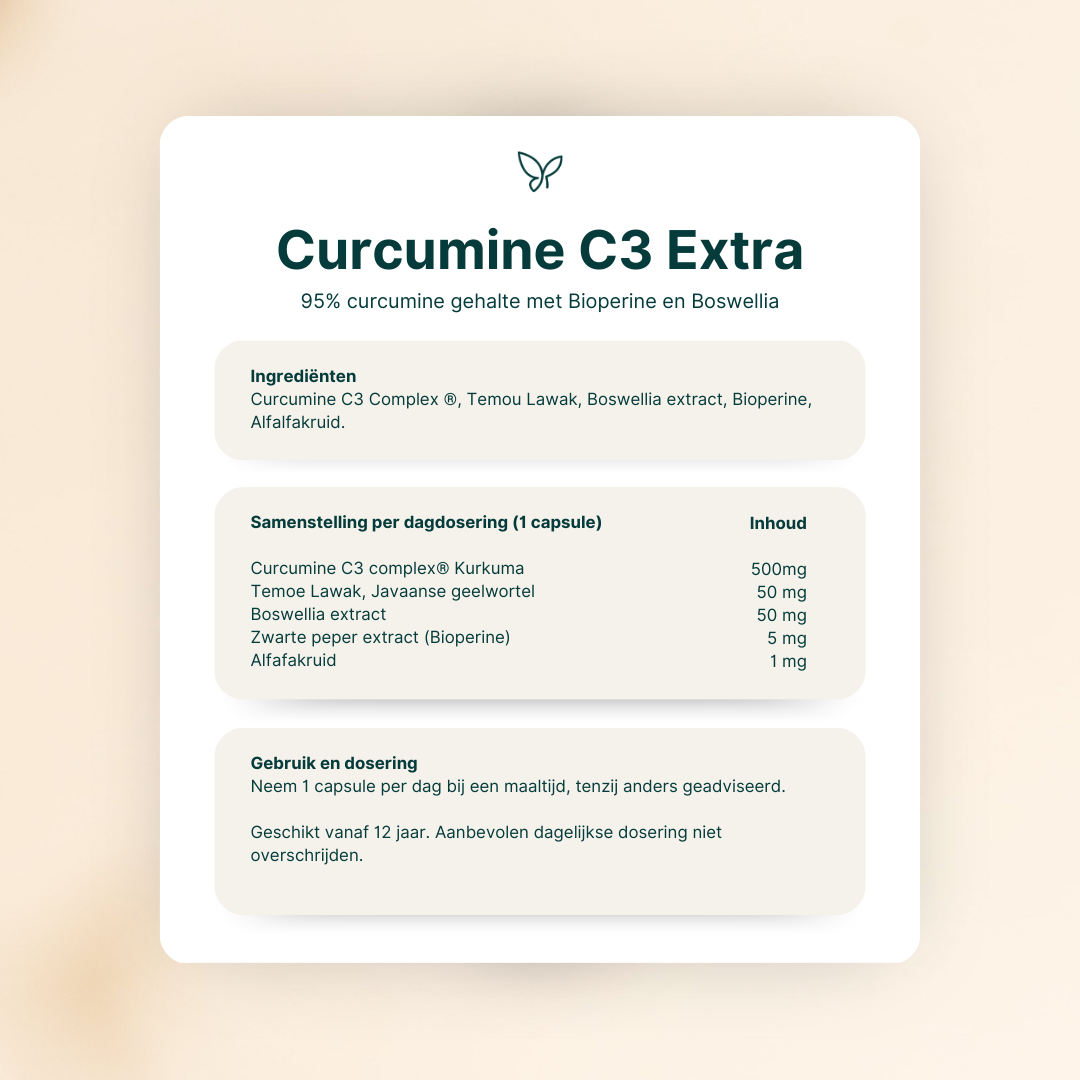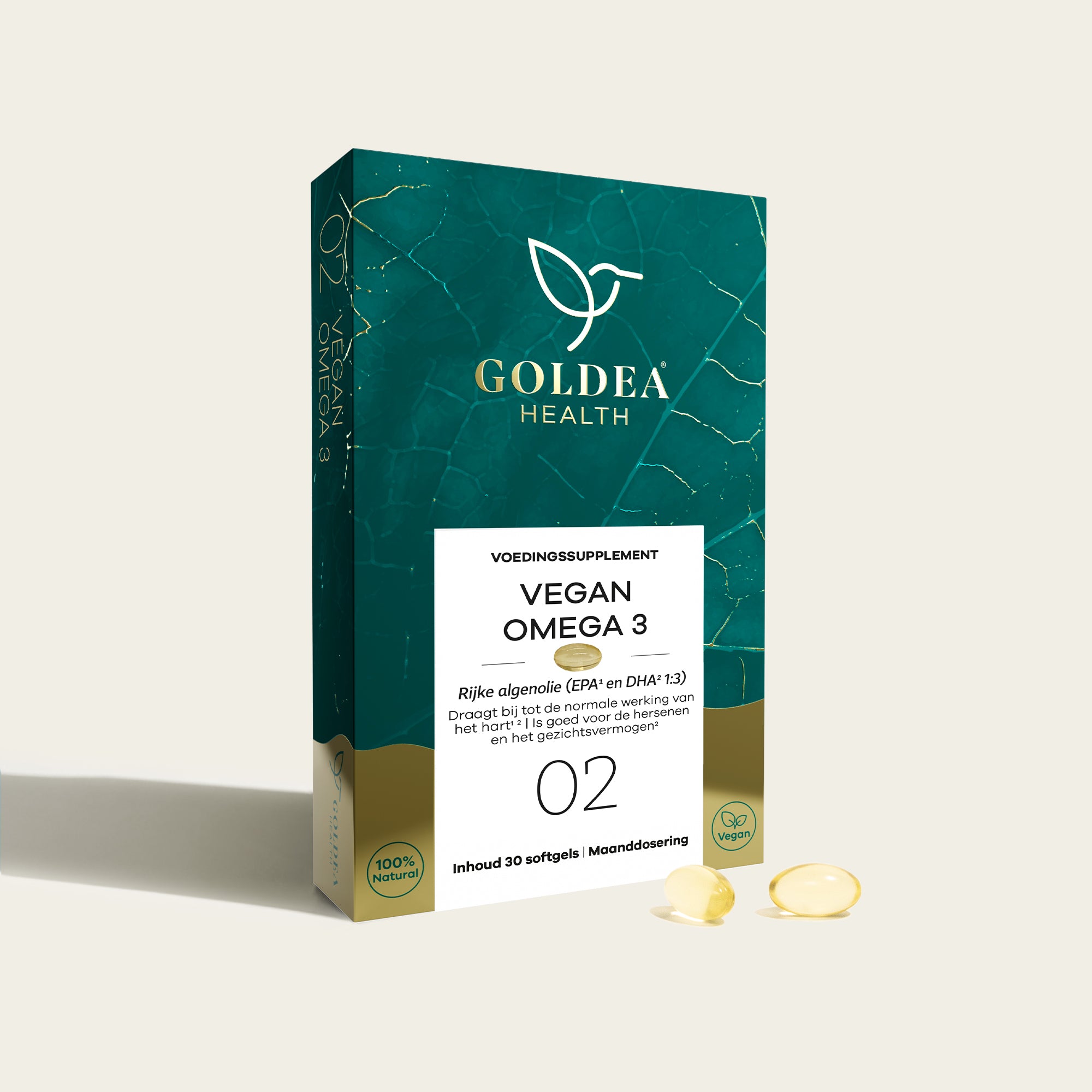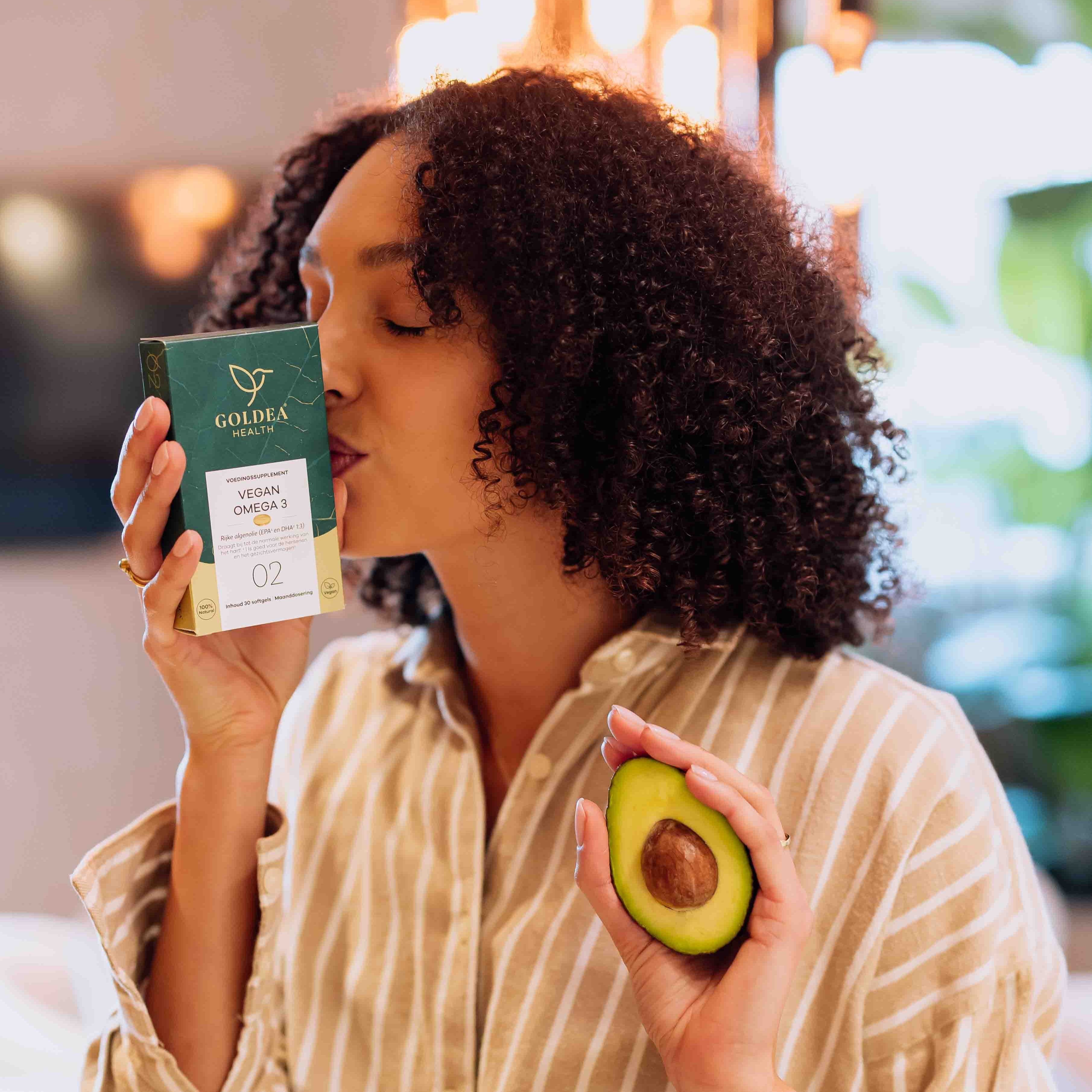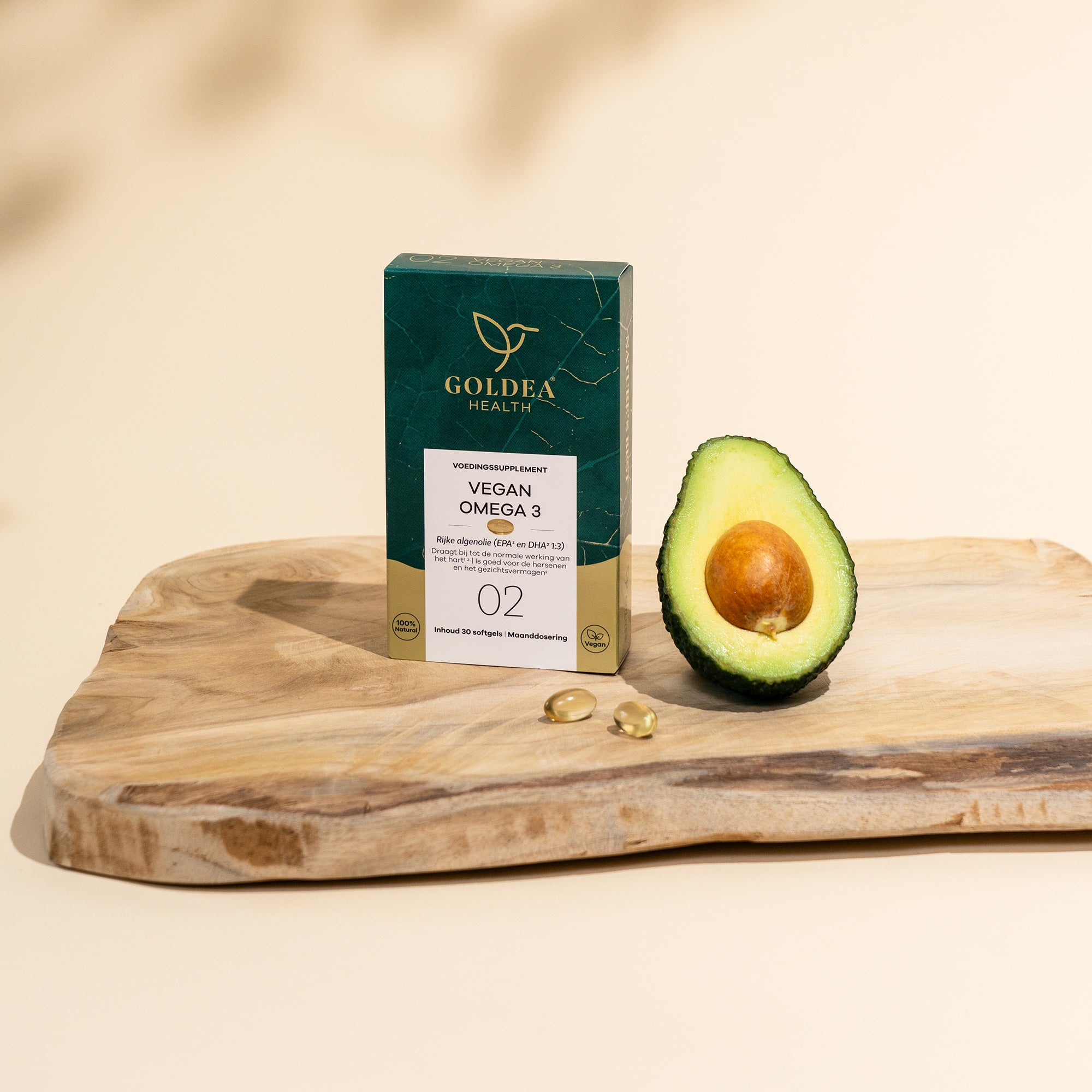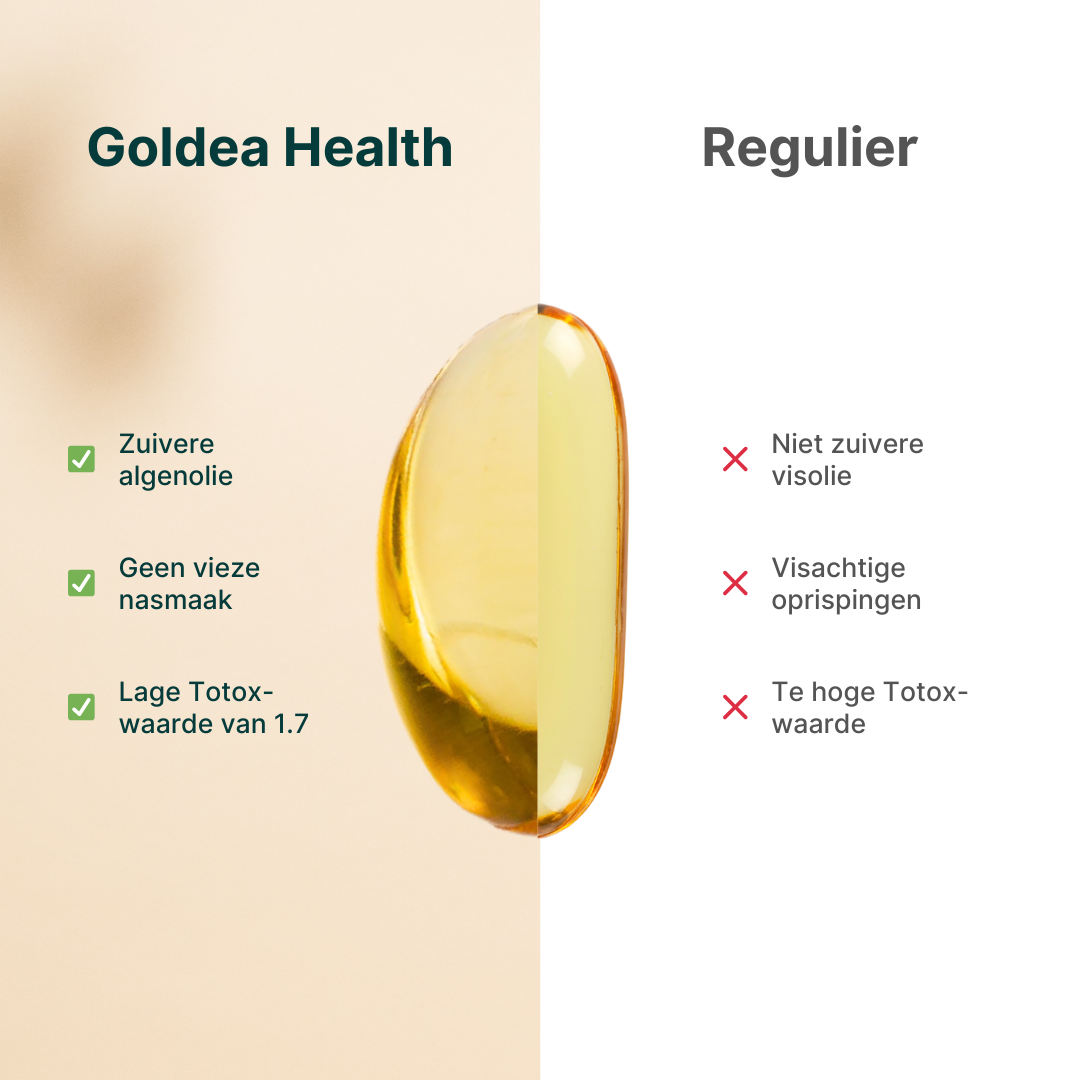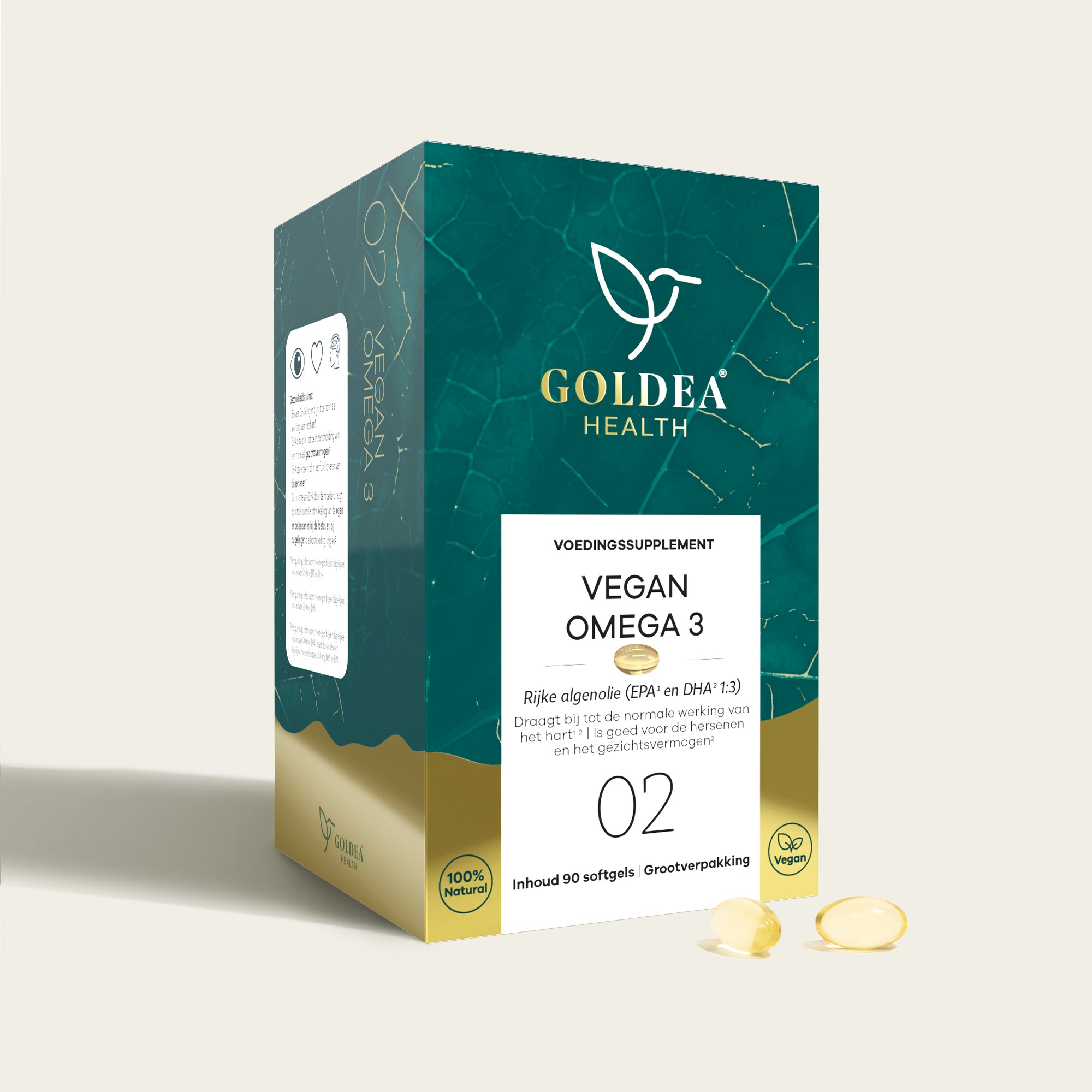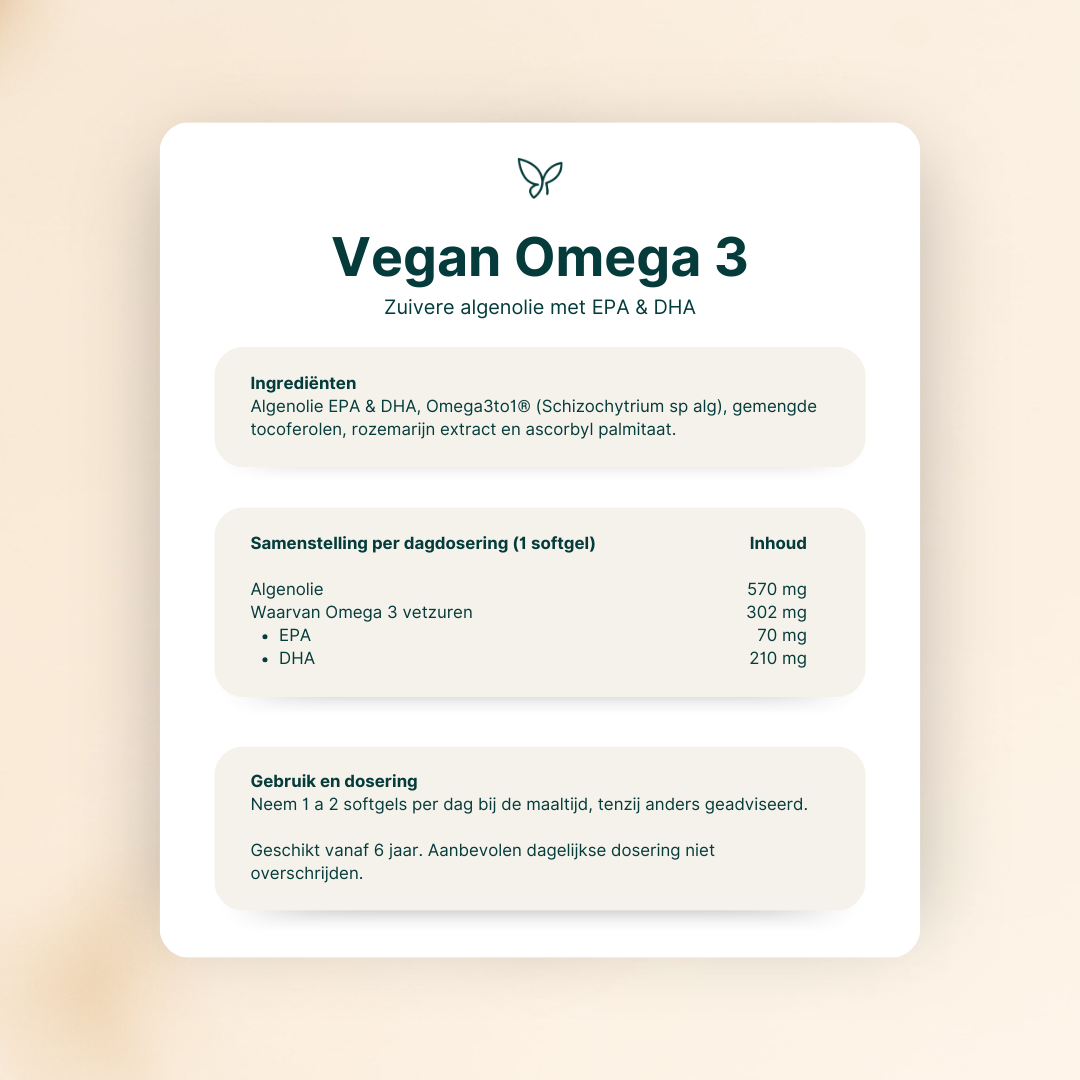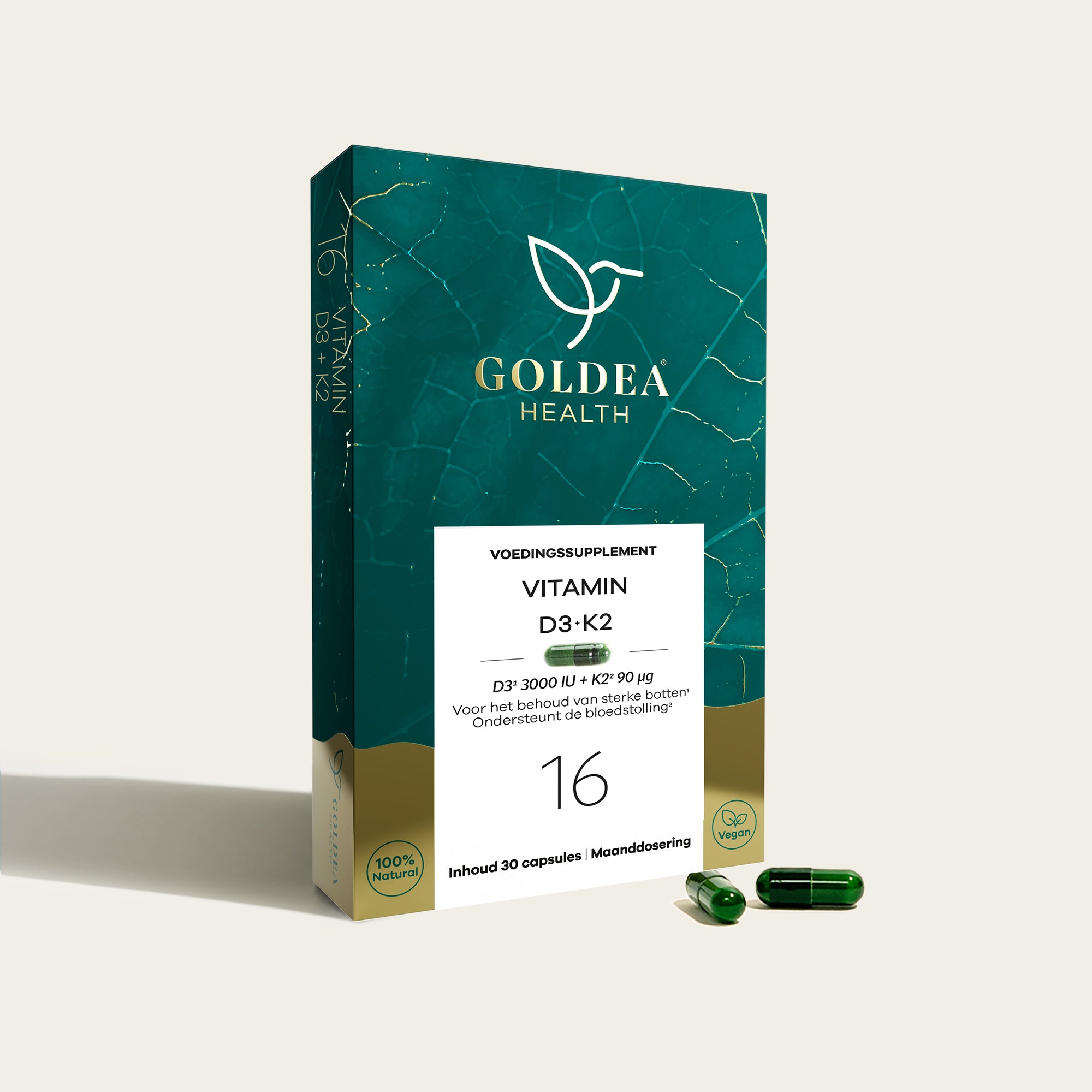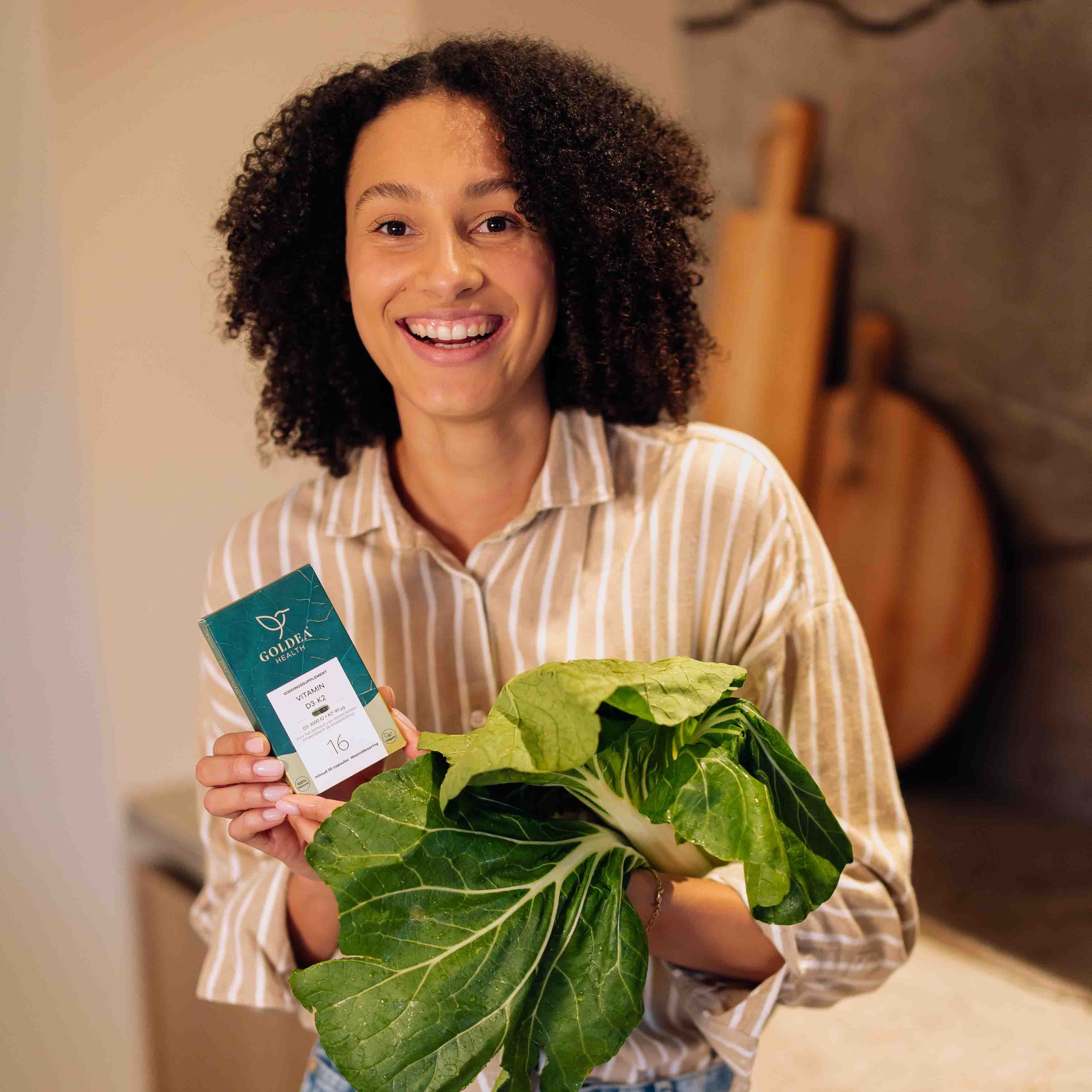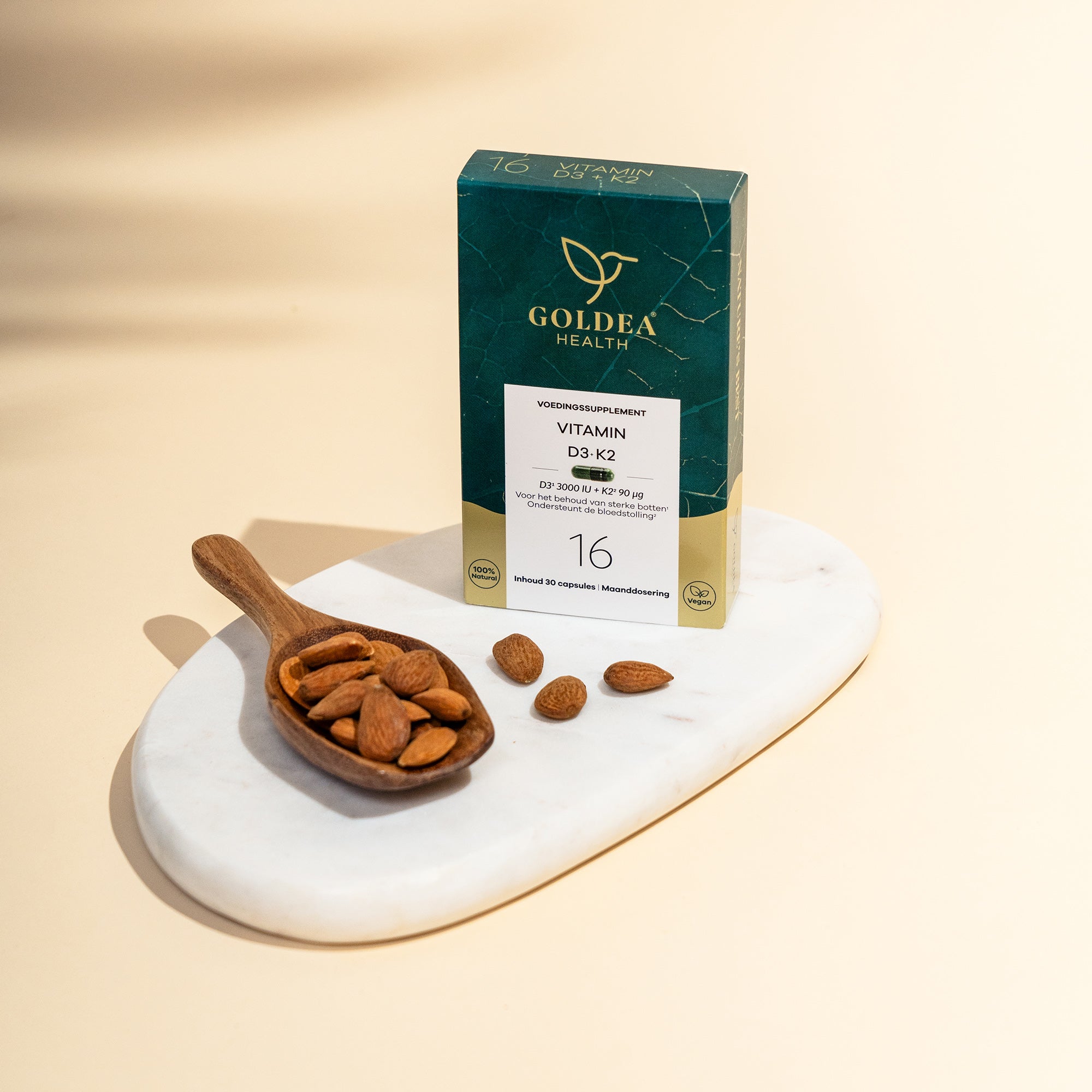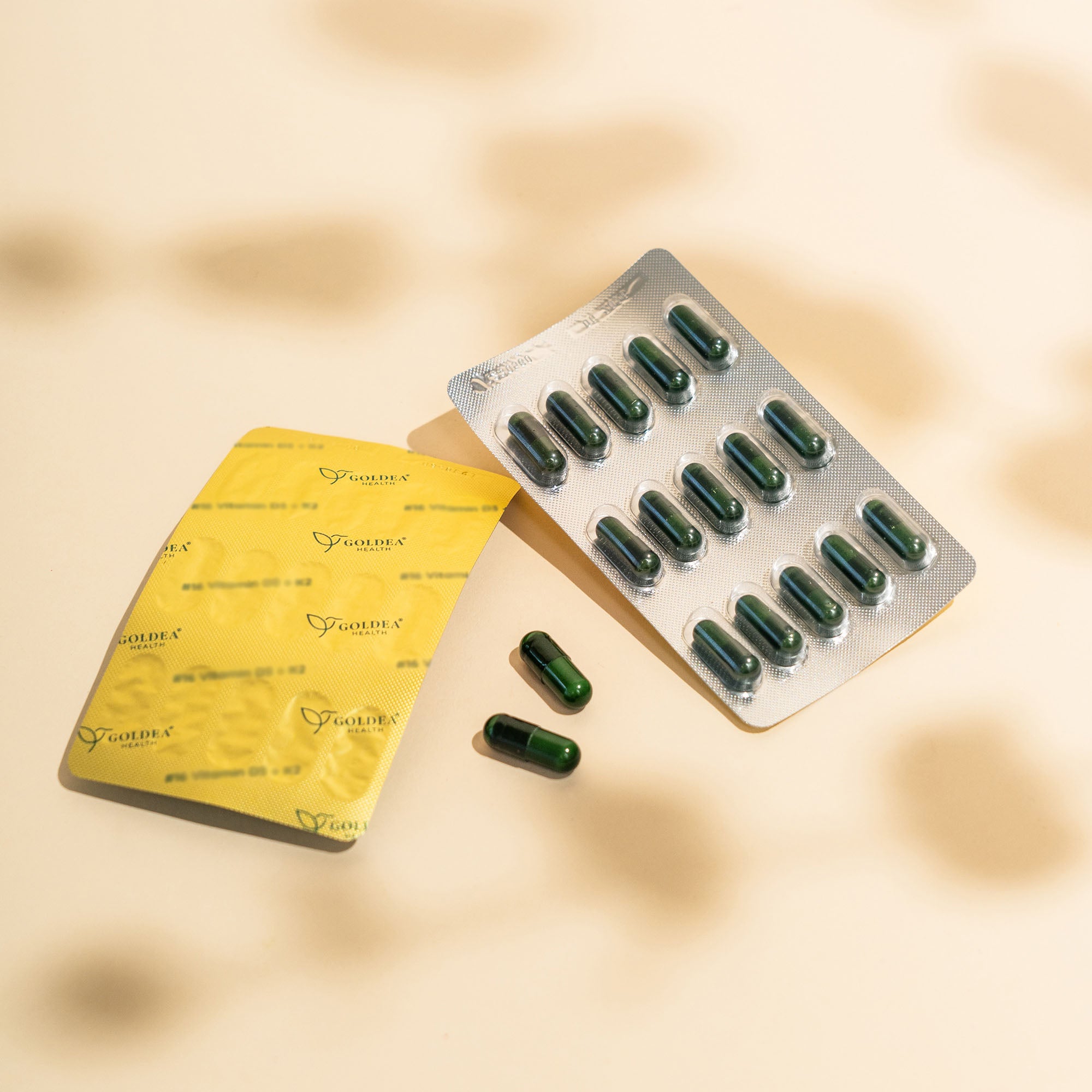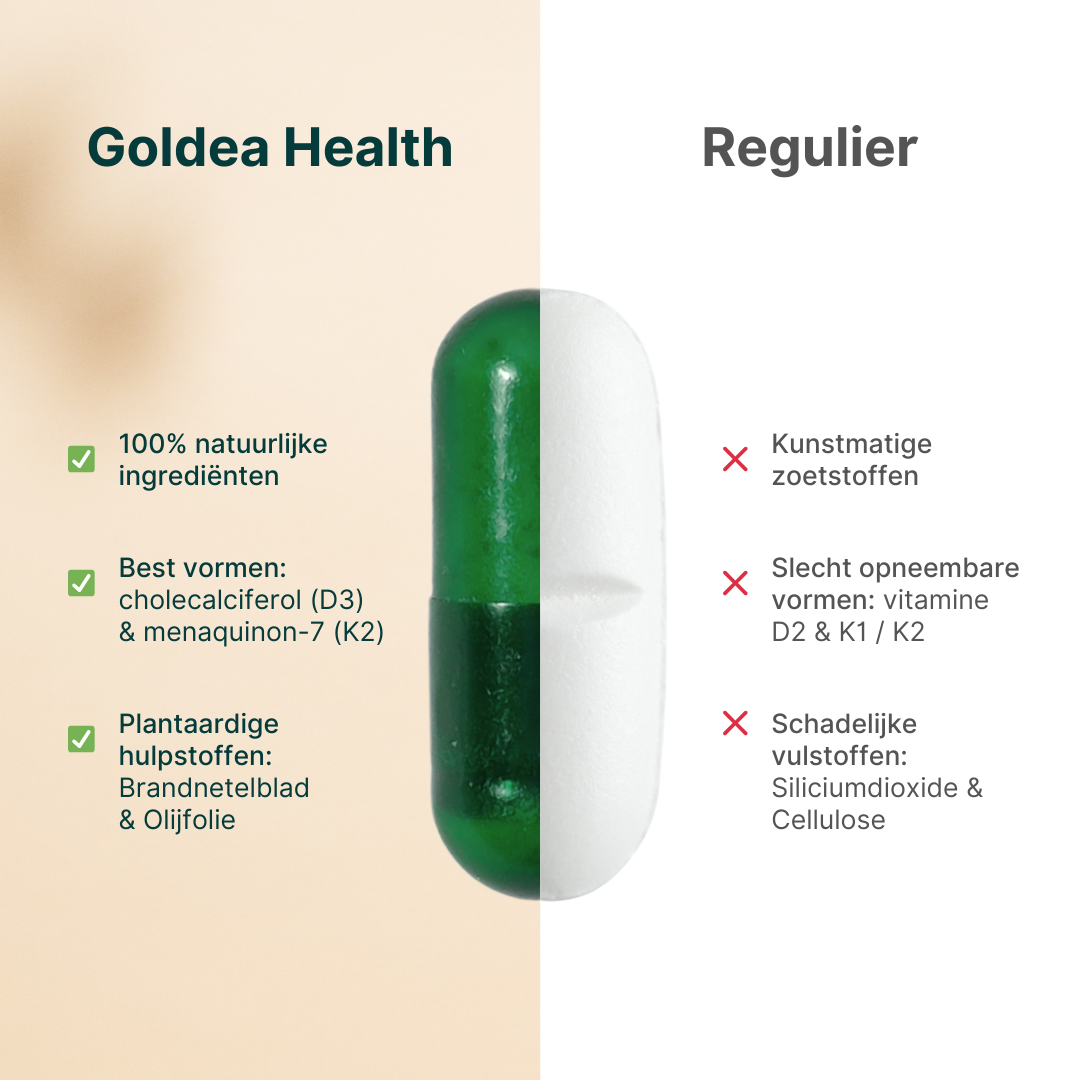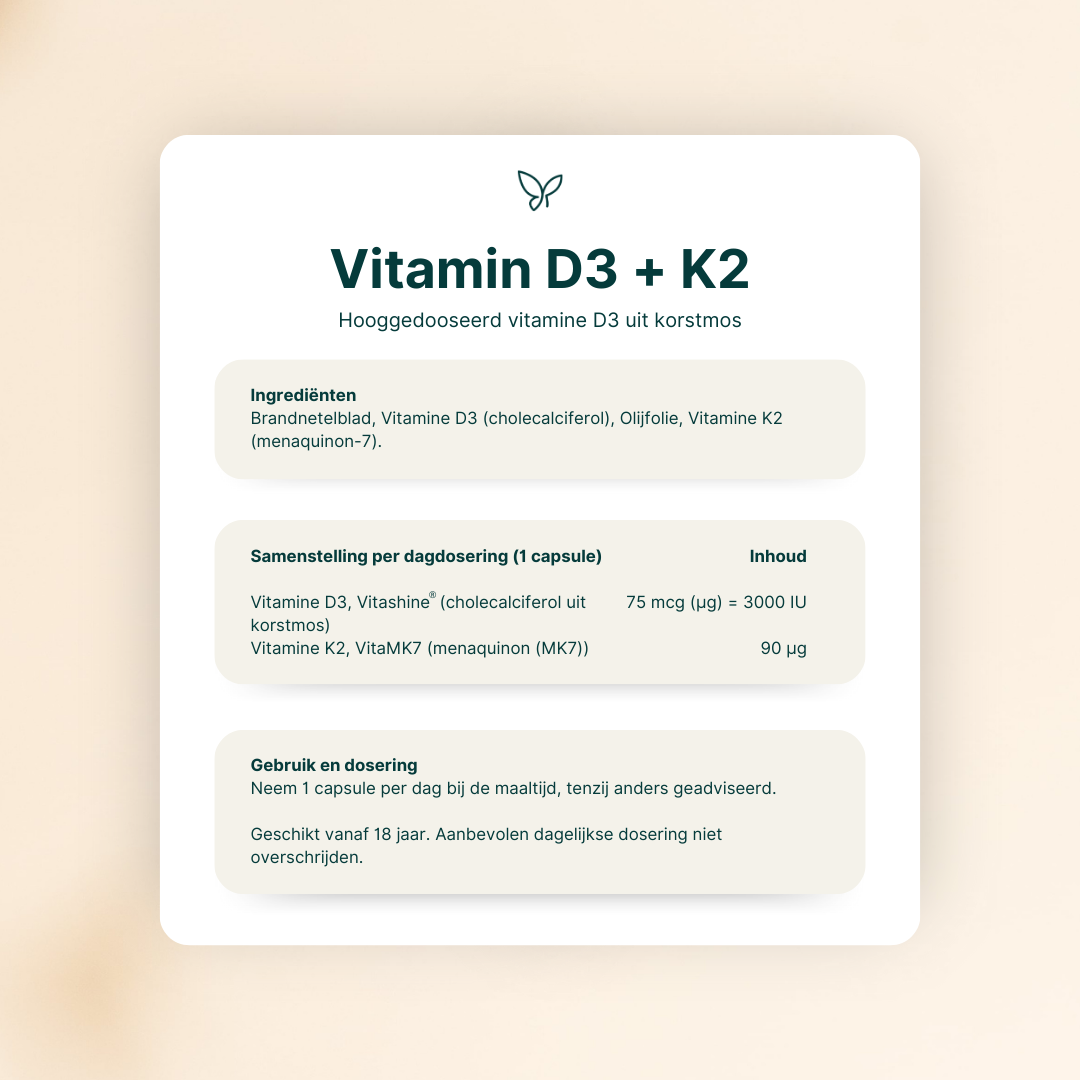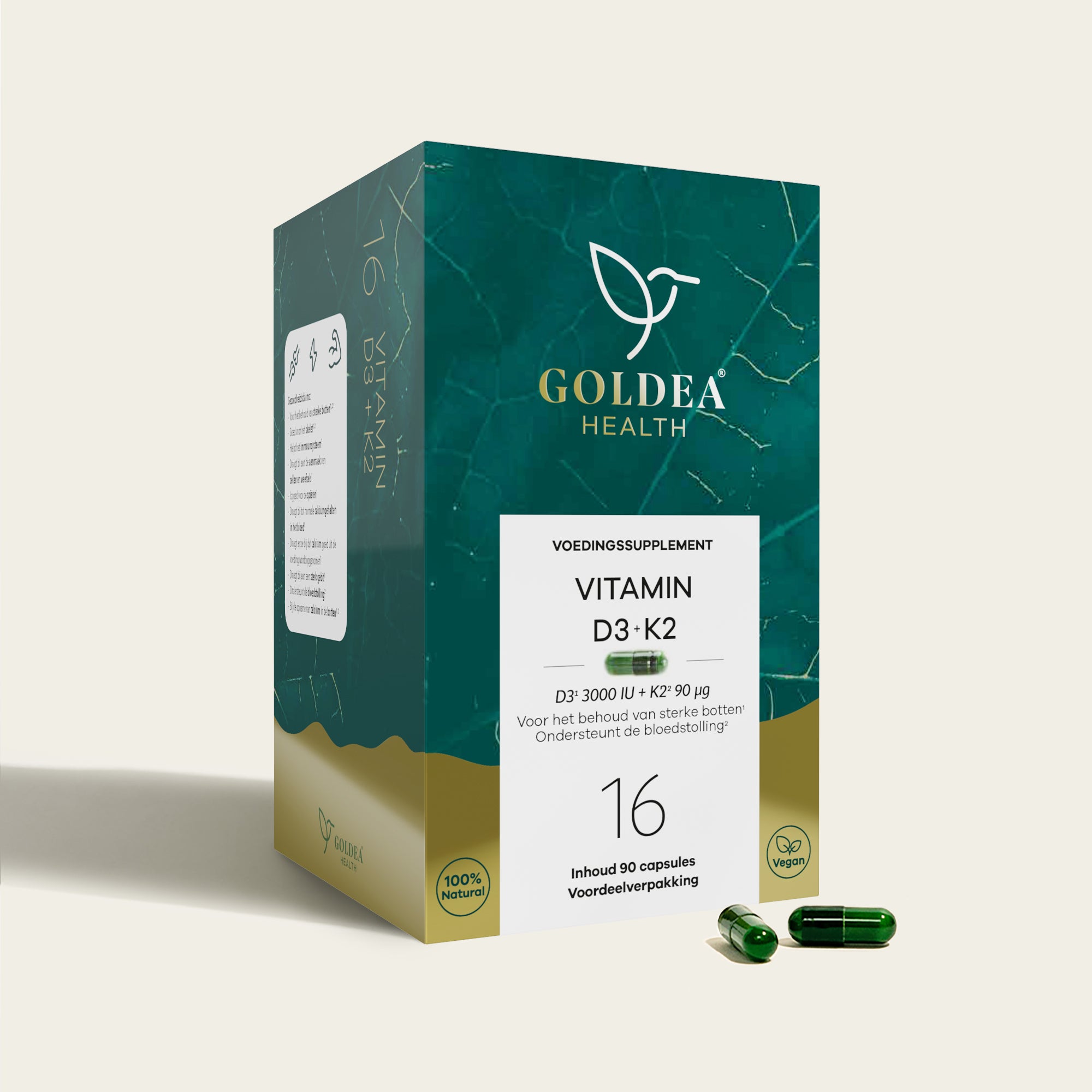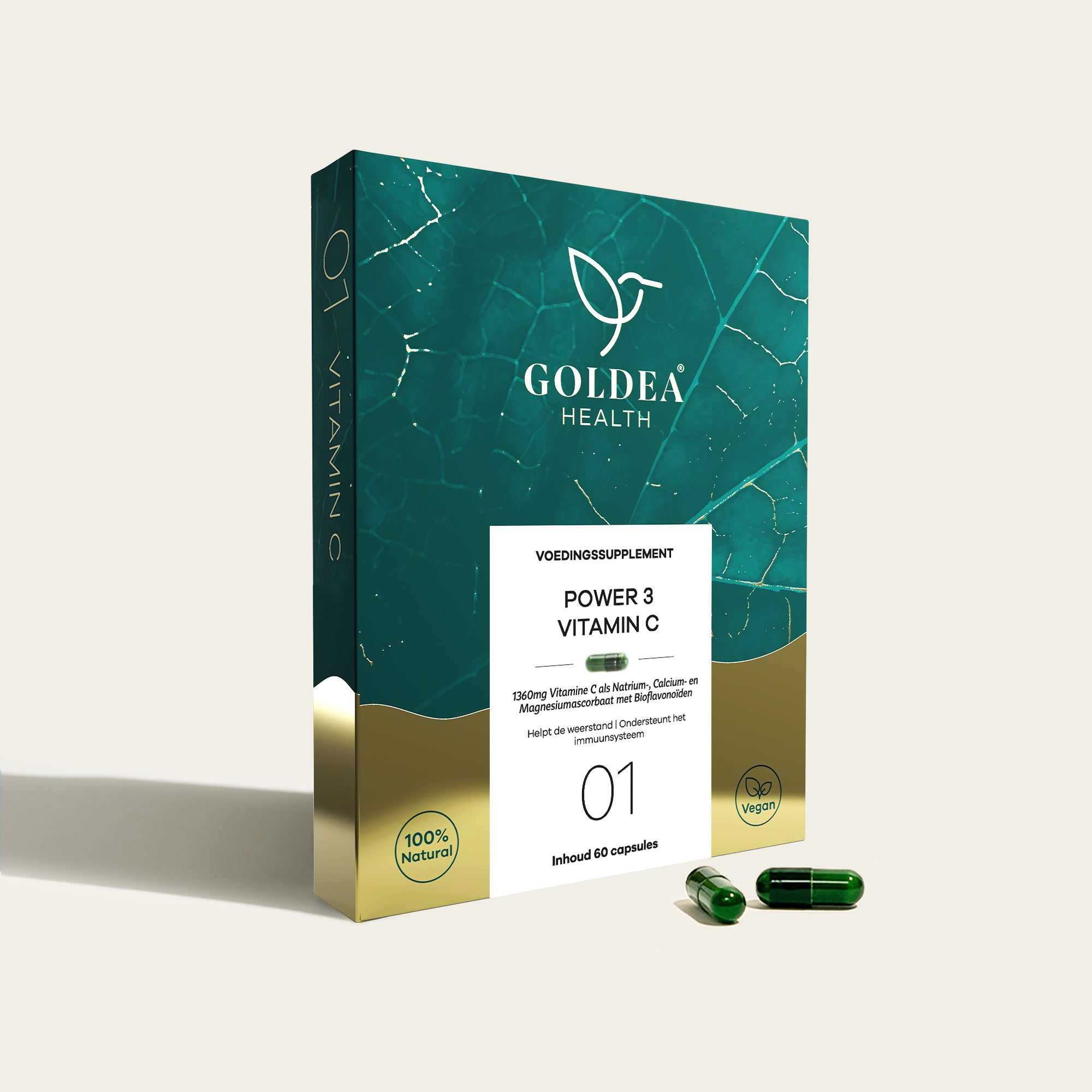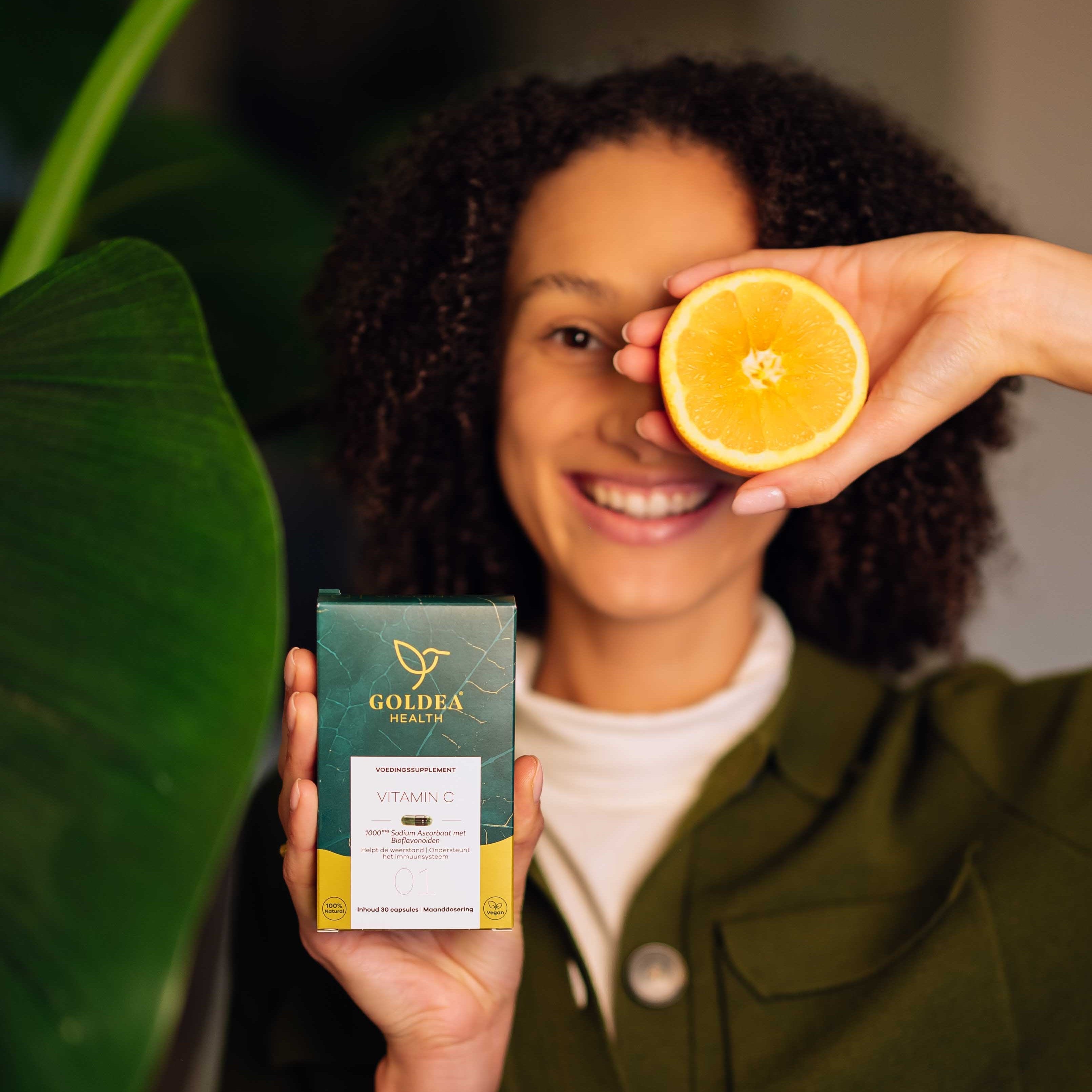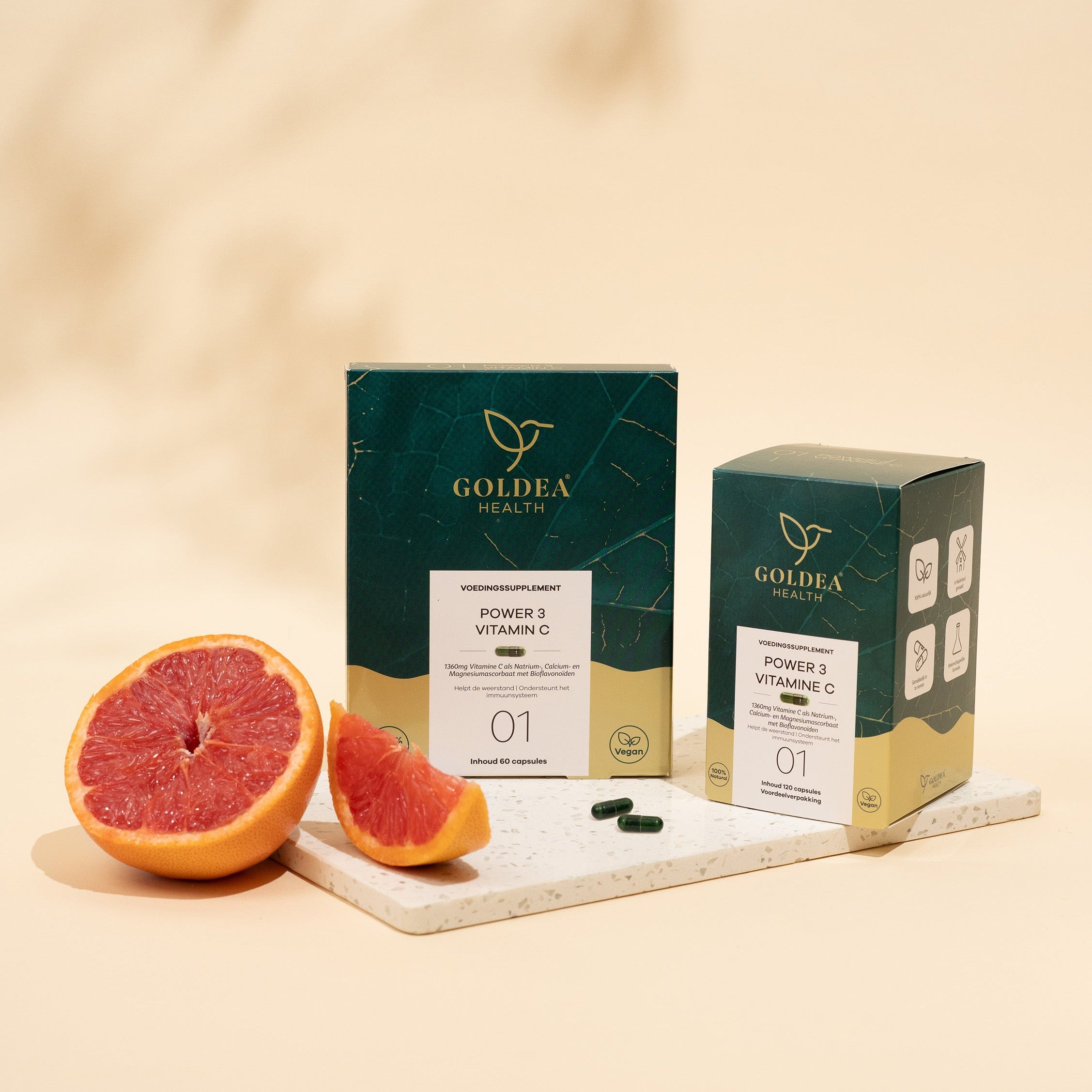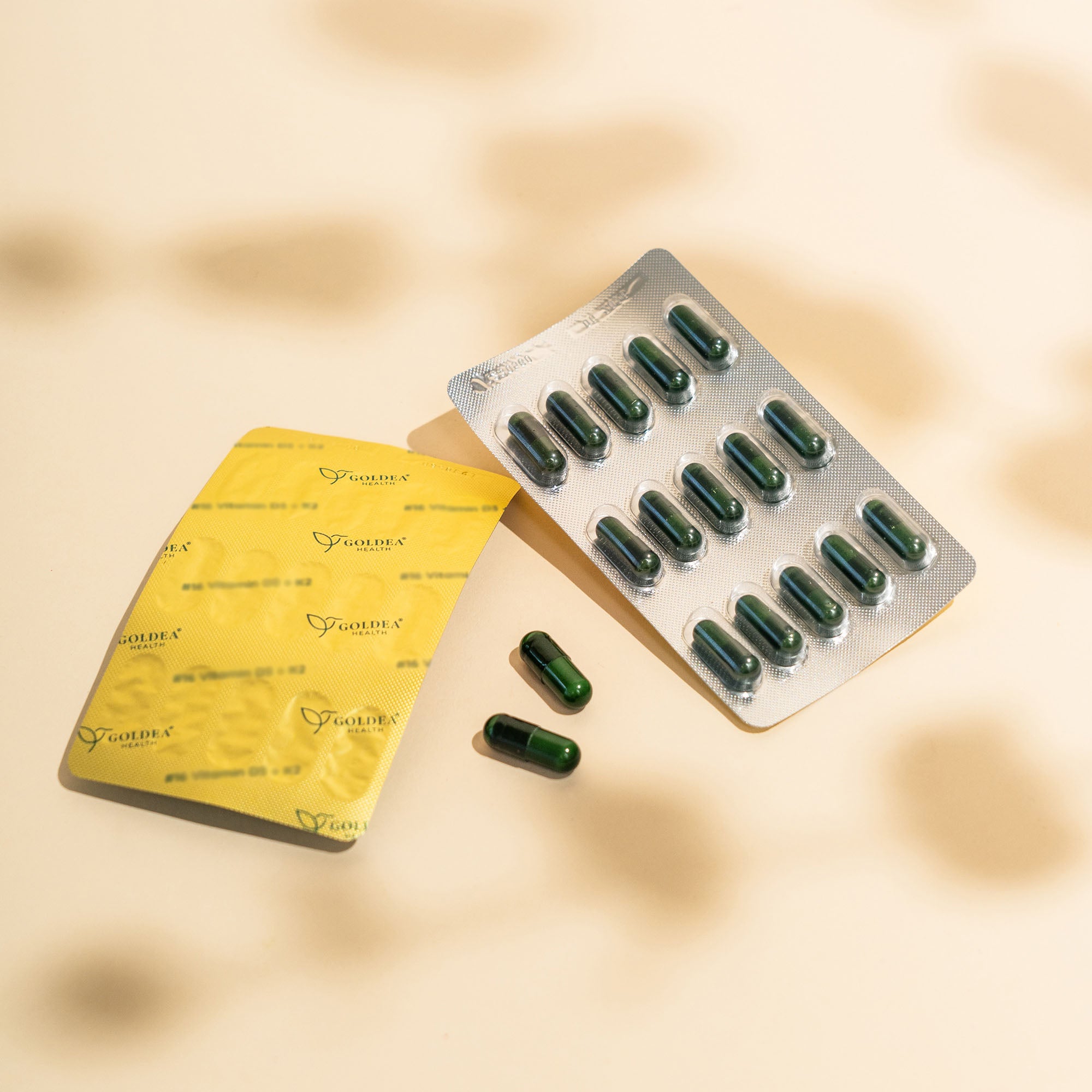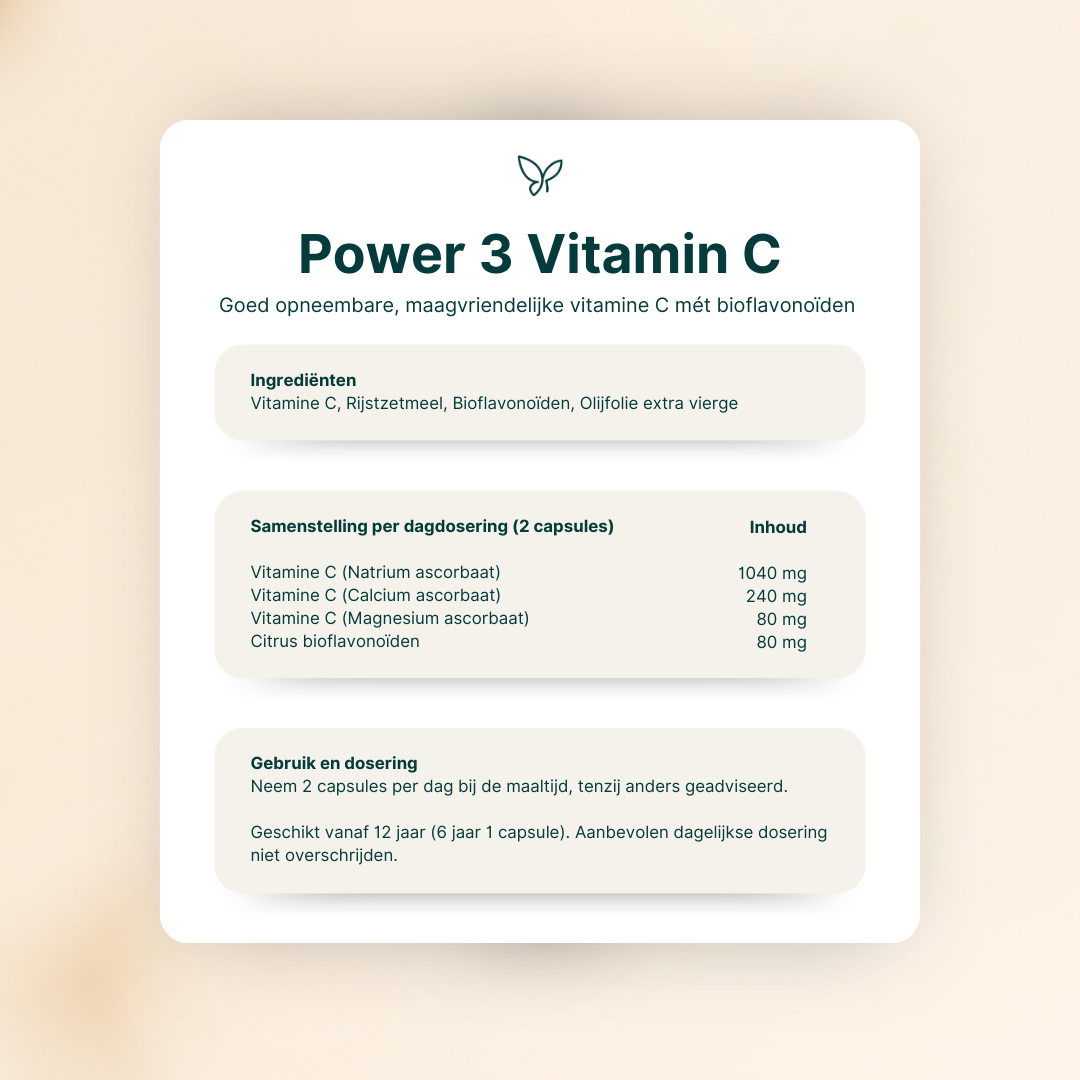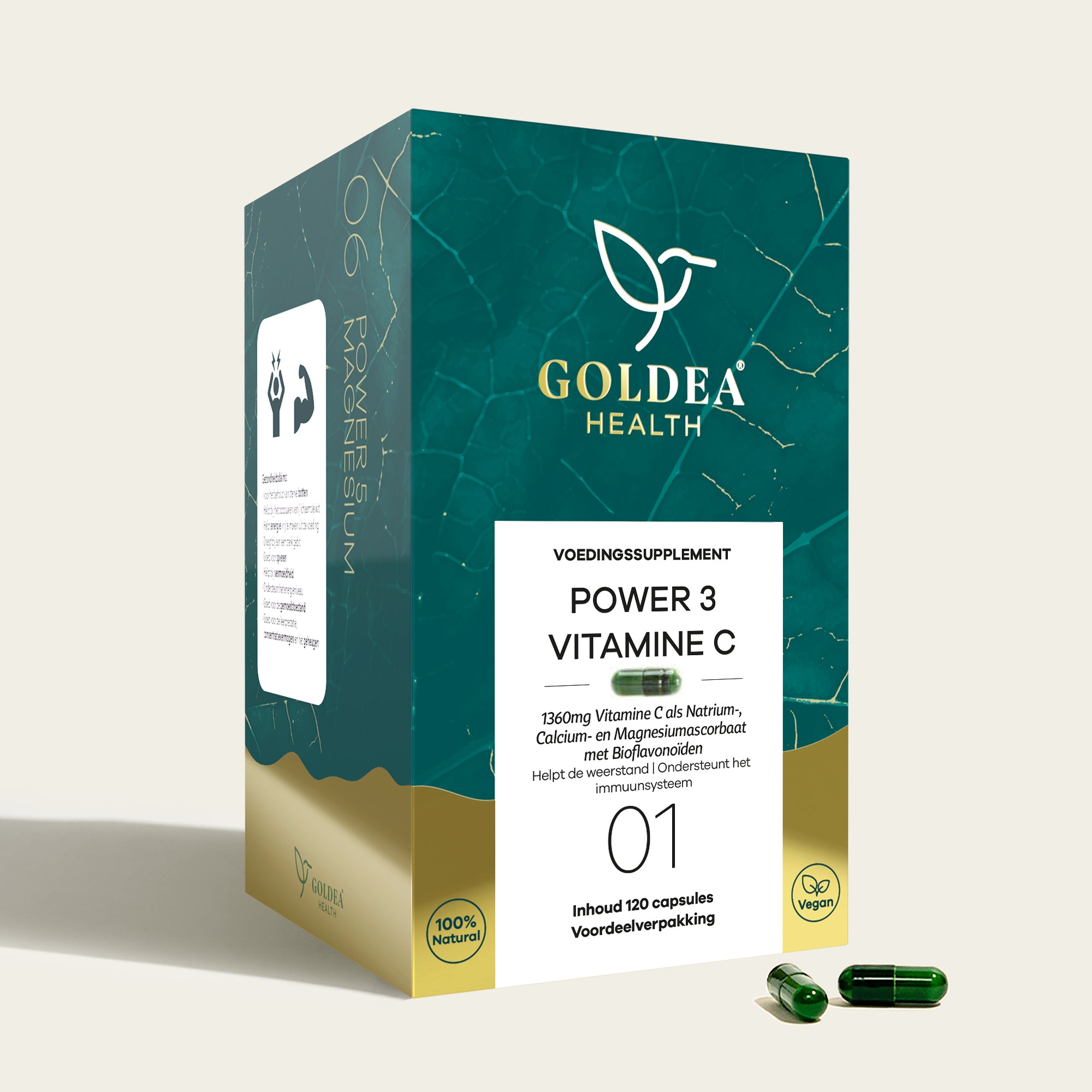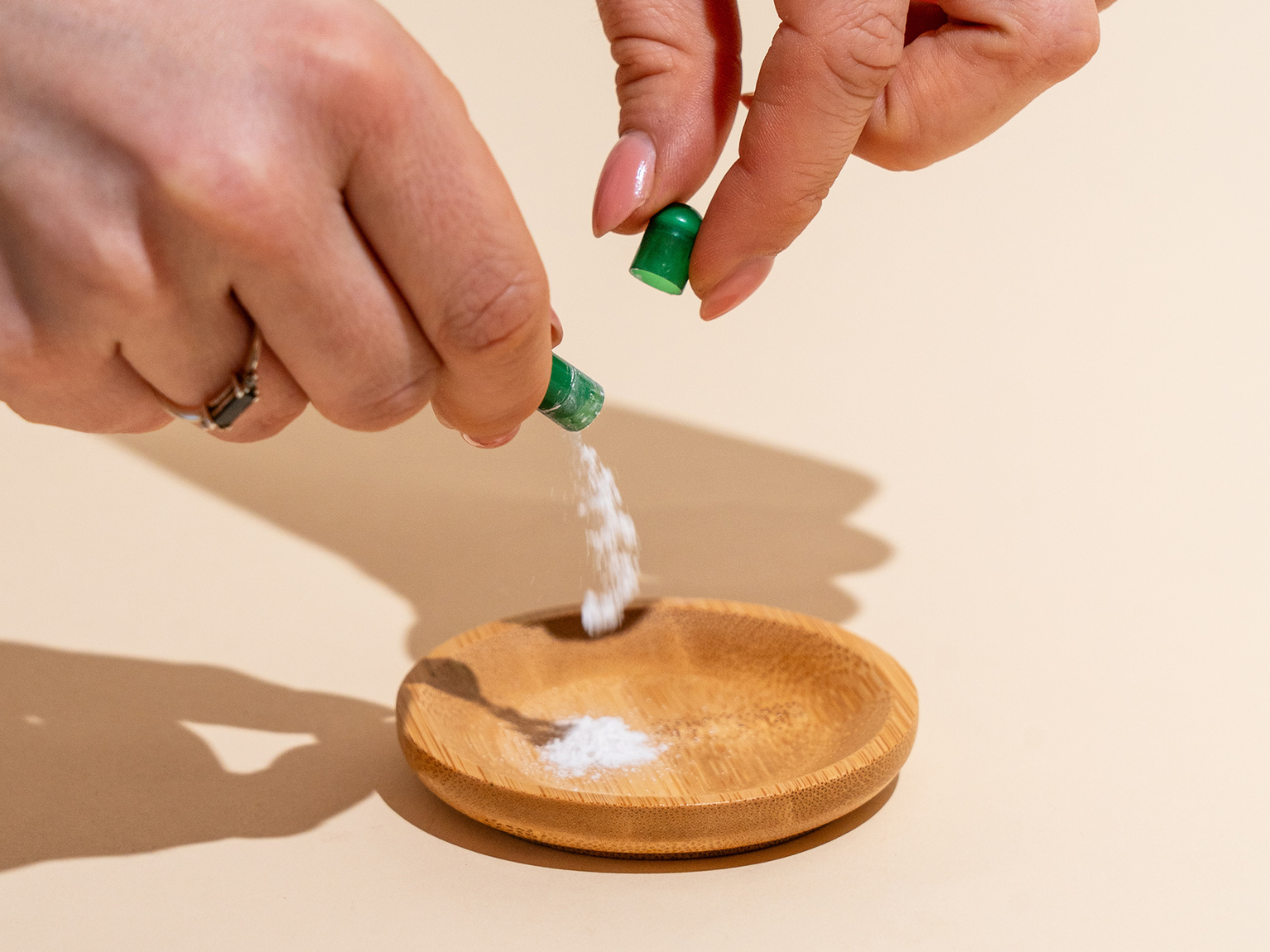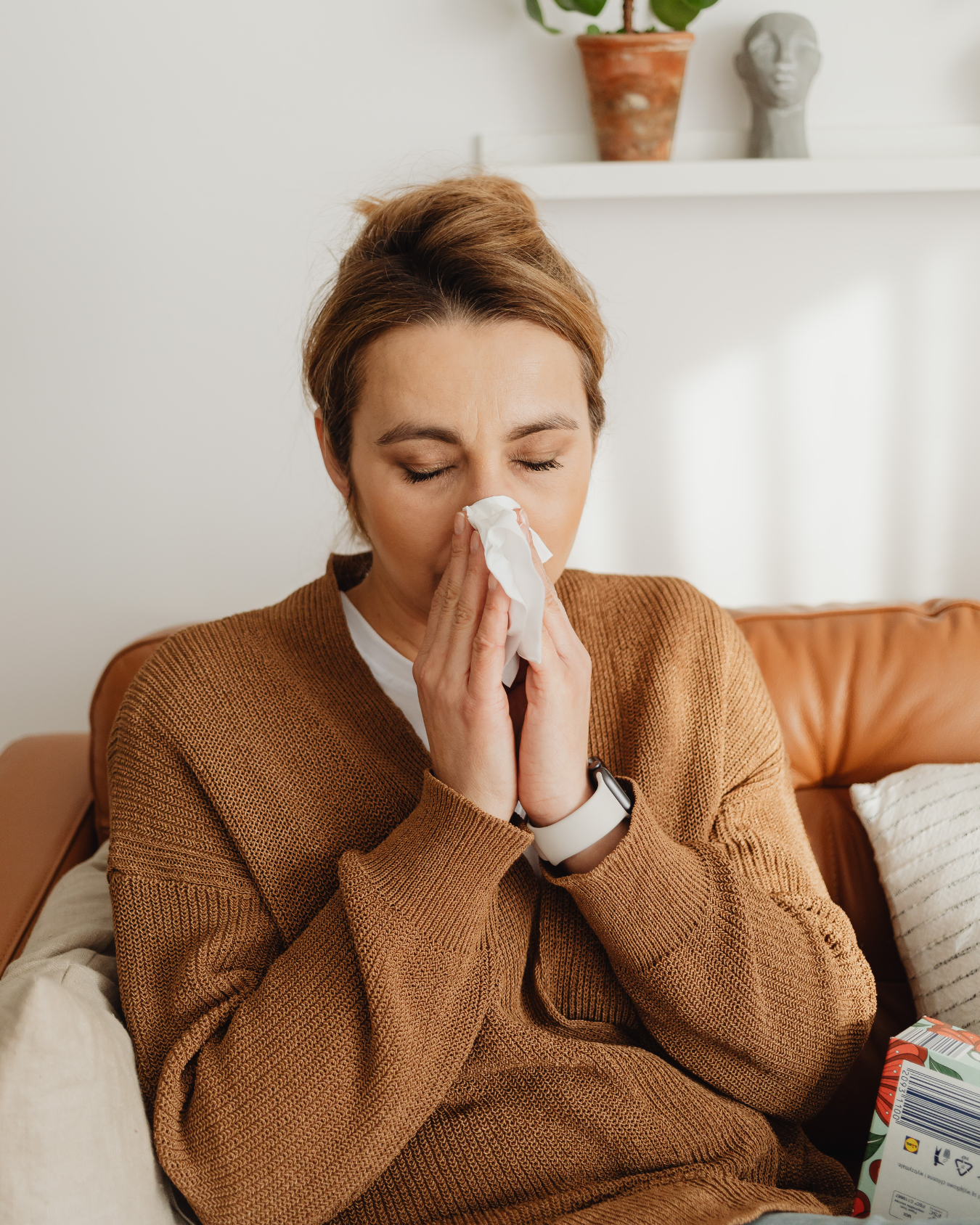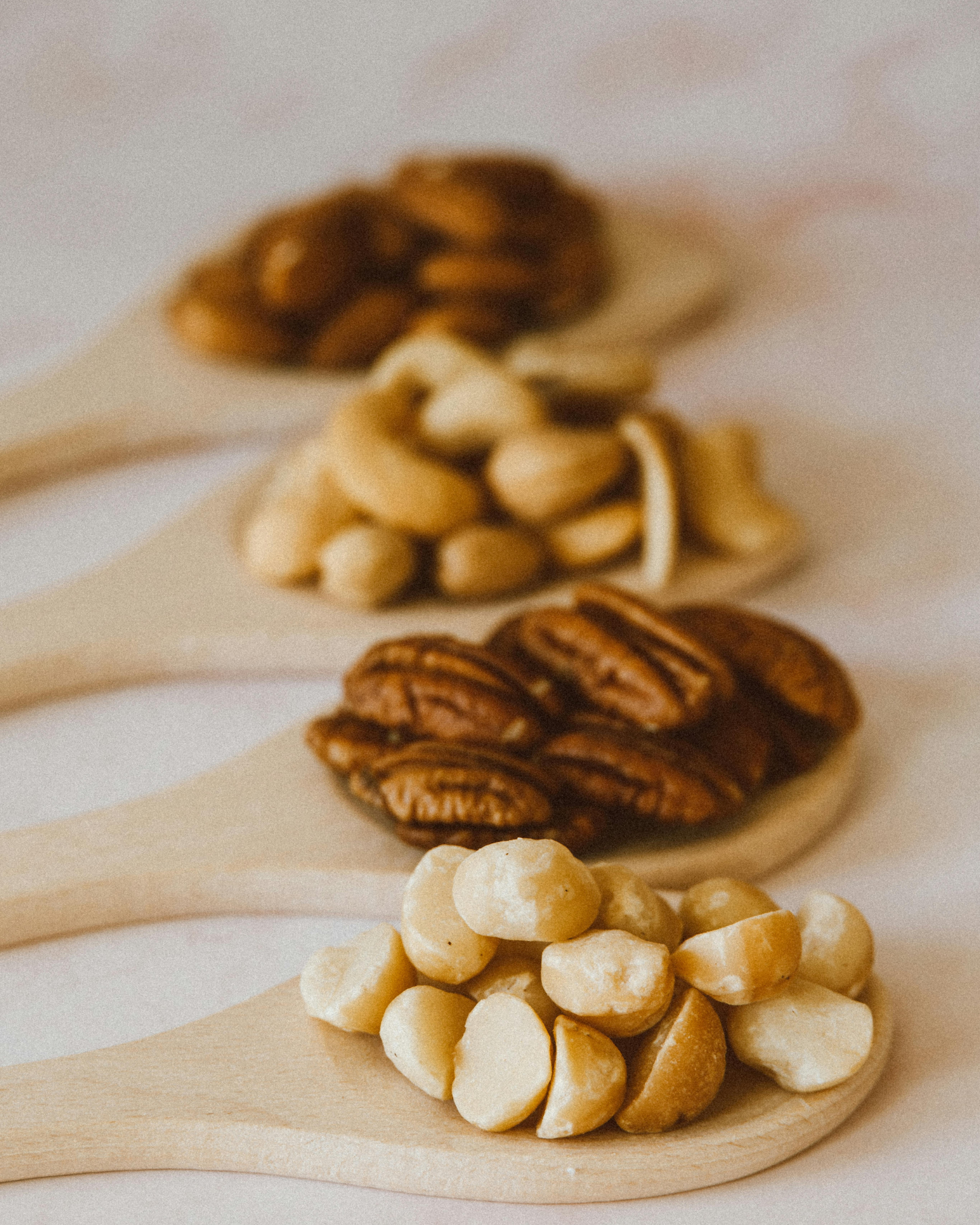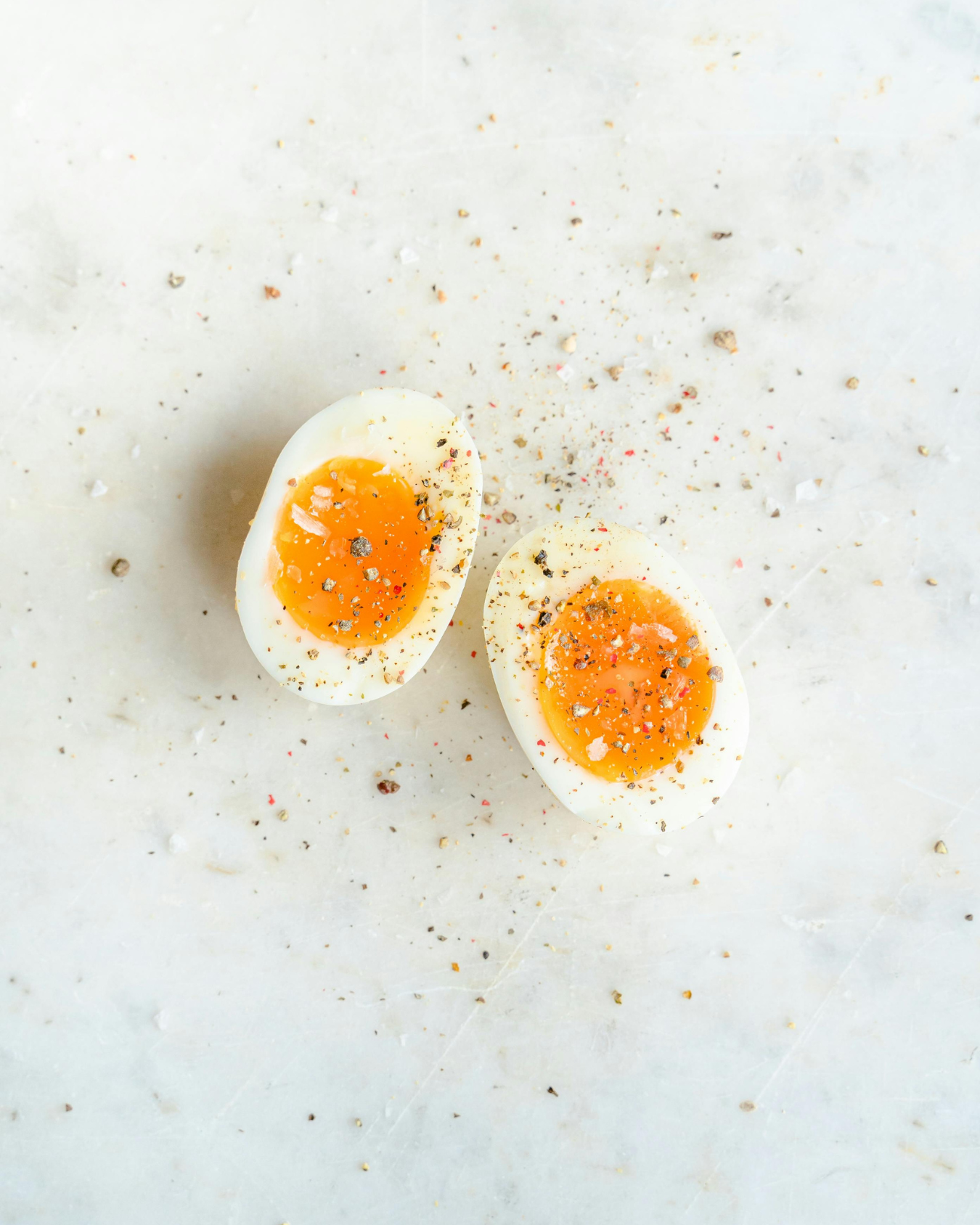Panahi, Y., Hosseini, M. S., Khalili, N., Naimi, E., Majeed, M., & Sahebkar, A. (2015). Antioxidant and anti-inflammatory effects of curcuminoid-piperine combination in subjects with metabolic syndrome: A randomized controlled trial and an updated meta-analysis. Clinical nutrition (Edinburgh, Scotland) , 34 (6), 1101–1108. https://doi.org/10.1016/j.clnu.2014.12.019
Hutchinson, A. N., Tingö, L., & Brummer, R. J. (2020). The Potential Effects of Probiotics and ω-3 Fatty Acids on Chronic Low-Grade Inflammation. Nutrients , 12 (8), 2402. https://doi.org/10.3390/nu12082402
Costantini, L., Molinari, R., Farinon, B., & Merendino, N. (2017). Impact of Omega-3 Fatty Acids on the Gut Microbiota. International journal of molecular sciences , 18 (12), 2645. https://doi.org/10.3390/ijms18122645
Theodotou, M., Fokianos, K., Moniatis, D., Kadlenic, R., Chrysikou, A., Aristotelous, A., Mouzouridou, A., Diakides, J., & Stavrou, E. (2019). Effect of resveratrol on non-alcoholic fatty liver disease. Experimental and therapeutic medicine , 18 (1), 559–565. https://doi.org/10.3892/etm.2019.7607
Samsami-Kor, M., Daryani, N. E., Asl, P. R., & Hekmatdoost, A. (2015). Anti-Inflammatory Effects of Resveratrol in Patients with Ulcerative Colitis: A Randomized, Double-Blind, Placebo-controlled Pilot Study. Archives of medical research , 46 (4), 280–285. https://doi.org/10.1016/j.arcmed.2015.05.005
Filgueiras, M. S., Rocha, N. P., Novaes, J. F., & Bressan, J. (2020). Vitamin D status, oxidative stress, and inflammation in children and adolescents: A systematic review. Critical reviews in food science and nutrition , 60 (4), 660–669. https://doi.org/10.1080/10408398.2018.1546671Bagheri ,
R., Rashidlamir, A., Ashtary-Larky, D., Wong, A., Grubbs, B., Motevalli, M. S., Baker, J. S., Laher, I., & Zouhal, H. (2020). Effects of green tea extract supplementation and endurance training on irisin, pro-inflammatory cytokines, and adiponectin concentrations in overweight middle-aged men. European journal of applied physiology , 120 (4), 915–923. https://doi.org/10.1007/s00421-020-04332-6




